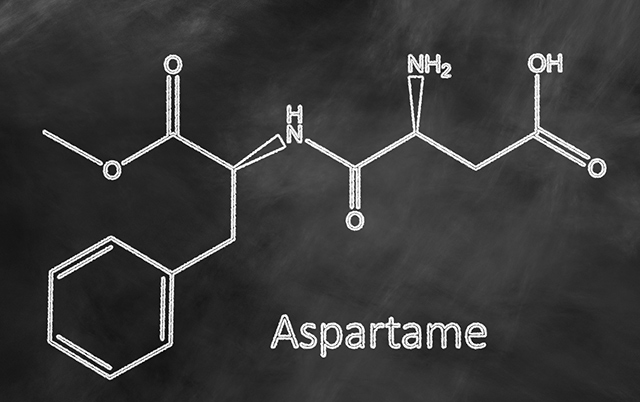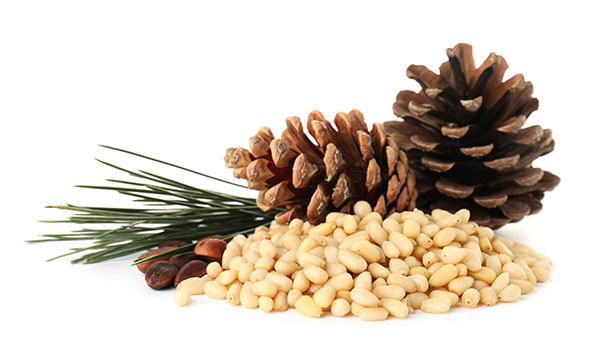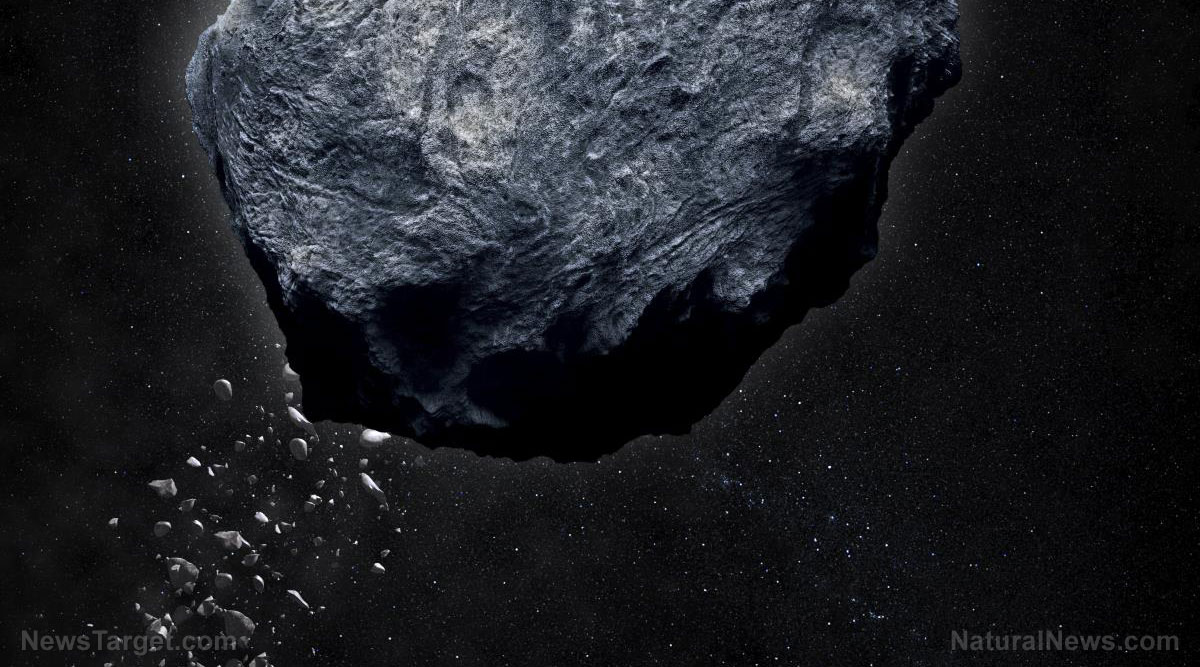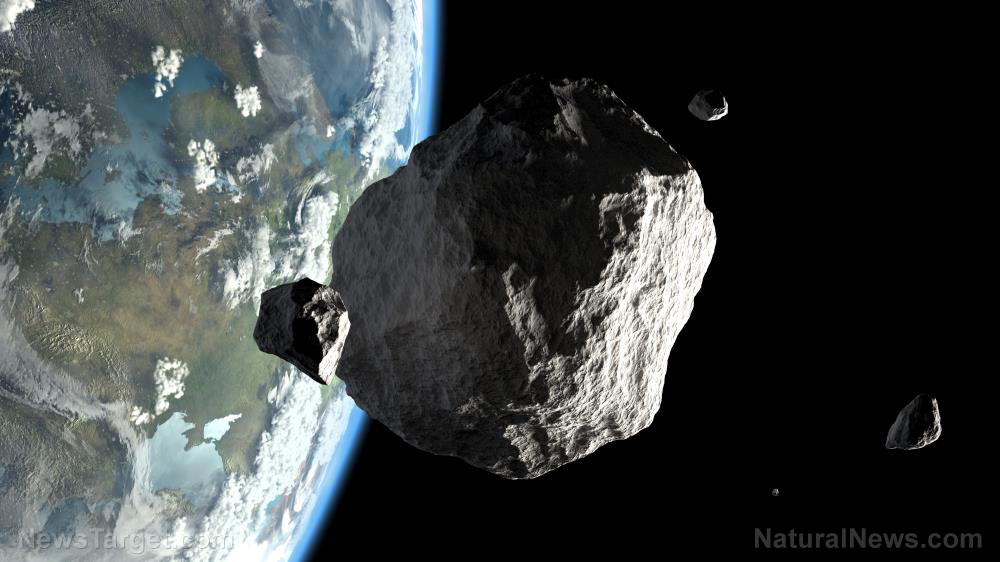
The samples were obtained by the Japan Aerospace Exploration Agency's Hayabusa2 spacecraft and returned to Earth in December 2020. The samples from the asteroid that were more than 0.17 ounces were removed from the spacecraft in 2021. The earlier Hayabusa mission that was deployed to the Itokawa asteroid only recovered dust samples that were mere micrograms in size, as its collection system failed.
An analysis of a small portion of this sample, published Feb. 23 in Science, showed that the carbon-rich asteroid also contains molecules that are critical to all known life, including 15 amino acids – the building blocks of proteins. (Related: For the first time, an asteroid has been found with essential ingredients for life.)
While these molecules themselves are not alive, these "prebiotic" molecules are established in all life. Based on earlier studies of meteorites discovered on Earth, space rocks can hold these molecules. Contamination following these rocks' entry through Earth's atmosphere might conceal such compounds, however.
It was also unclear whether these molecules could exist on an asteroid's surface or only deep within the asteroid's body. In this instance, the molecules developed from surface dust.
"The presence of prebiotic molecules on the asteroid surface despite its harsh environment caused by solar heating and ultraviolet irradiation, as well as cosmic-ray irradiation under high-vacuum conditions, suggests that the uppermost surface grains of Ryugu have the potential to protect organic molecules," lead study author Hiroshi Naraoka of Kyushu University in Japan said in a release.
Asteroids possibly spreading these building blocks of life
Naraoka and a huge international team removed the molecules from just 30 micrograms of a sample using a variety of solvents and examined the organic matter.
They discovered thousands of combinations comprising carbon, hydrogen, nitrogen, oxygen, and/or sulfur, as well as the 15 amino acids. Other compounds contained amines, which are nitrogen-containing, and carboxylic acids, which have a definite structure including carbon, oxygen and hydrogen.
This also means that asteroids could possibly spread the building blocks of life throughout the solar system.
A second study also published in Science posited that the organic materials on Ryugu may even predate the formation of the solar system itself. In other words, many of the ingredients for life may be baked into the Solar System from the very start.
According to the National Aeronautics and Space Administration, Ryugu is a carbonaceous asteroid – a kind that comprises 75 percent of the asteroids discovered in the Solar System. Carbonaceous asteroids are basically the scraps left behind when the Solar System was created, making them an interesting window into the molecules present some 4.5 billion years ago.
As part of a cooperation with Japan's space agency, NASA received about 10 percent of the Hayabusa2 sample for testing, with supplementary research ongoing in Europe as well.
Study co-author Jason Dworkin, an astrobiologist at NASA's Goddard Space Flight Center, announced in the statement that the compounds found were commonly consistent with what has been seen in carbonaceous meteorites that have been exposed to water in space and found on Earth.
Nevertheless, the researchers did not detect sugars or nucleobases, key components of DNA and RNA.
"It is possible these compounds are present in asteroid Ryugu but are below our analytical detection limits given the relatively small sample mass available for study," study co-author Daniel Glavin, also an astrobiologist at NASA Goddard, said in the statement.
Follow Cosmic.news for more news about asteroids.
Watch this video about the NASA OSIRIS-Rex Spacecraft's departure from the Bennu asteroid after collecting samples.
This video is from the alltheworldsastage channel on Brighteon.com.
More related stories:
NASA details complex mission to collect rock samples from asteroid Bennu.
NASA’s OSIRIS-REX mission will examine samples from an asteroid, seeking clues to the origin of life.
Study suggests "space dust" from a giant asteroid caused the Ice Age 466 million years ago.
Winchombe meteorite that crashed on driveway found to contain the building blocks of life.
Space hazards: 8 Huge asteroids made closest approach to Earth in the first 14 days of 2023.
Sources include:
Please contact us for more information.























